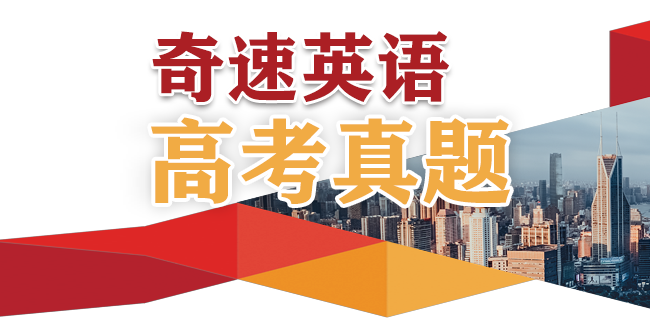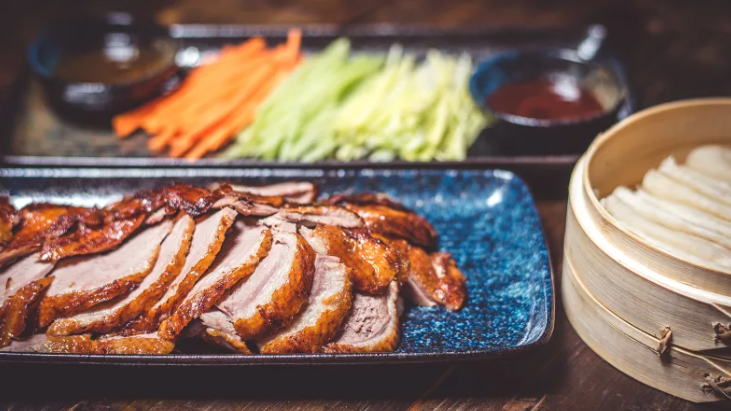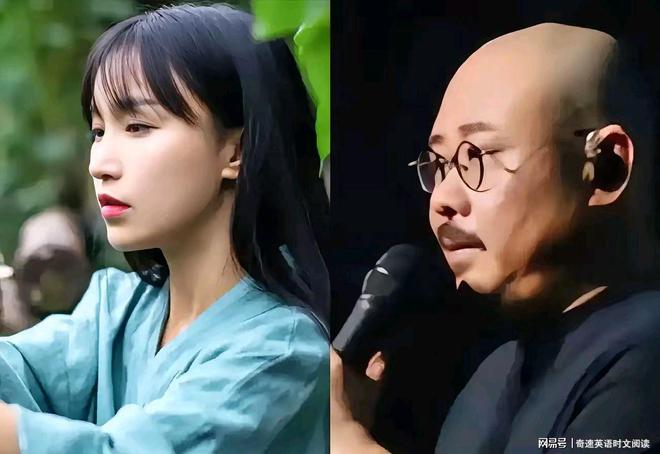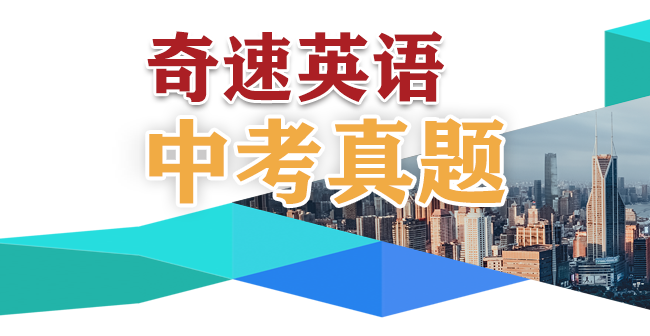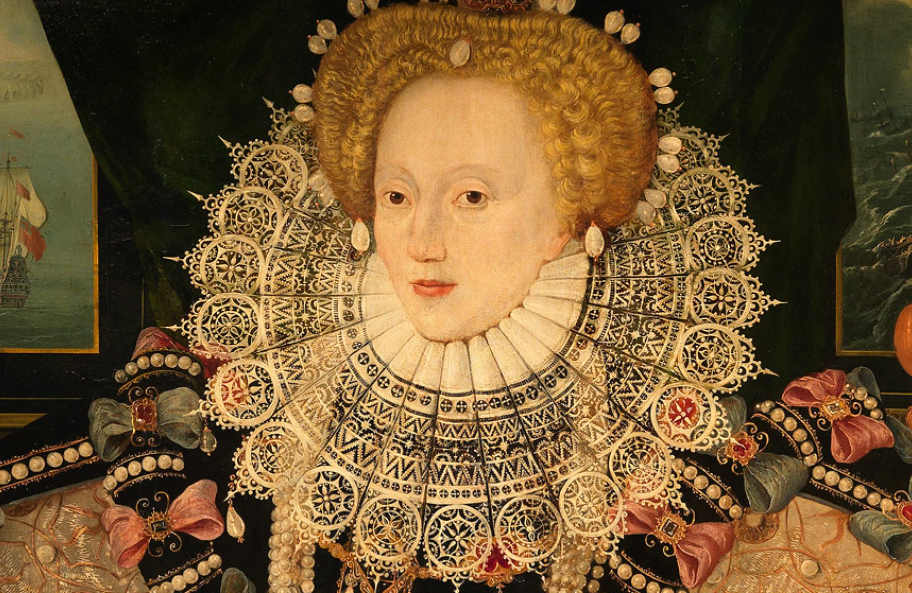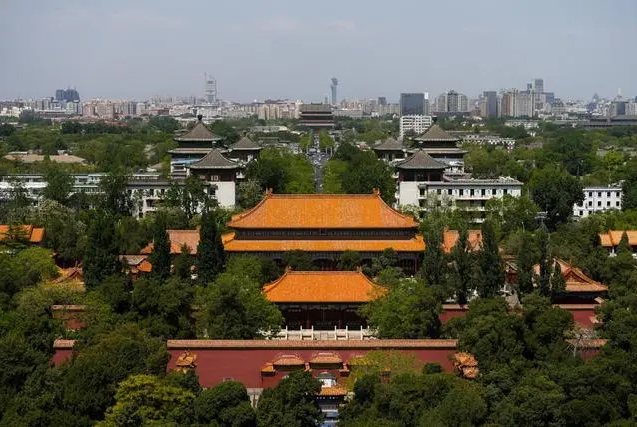If you want to tell the history of the whole world, a history that does not privilege one part of humanity, you cannot do it through texts alone, because only some of the world has ever had texts, while most of the world, for most of the time, has not. Writing is one of humanity’s later achievements, and until fairly recently even many literate (有文字的) societies recorded their concerns not only in writing but in things.
如果你想讲述整个世界的历史,一部不偏袒人类一部分的历史,你不能只通过文本来讲述,因为世界上只有一些人有过文本,而世界上大多数人在大多数时候都没有。写作是人类后来的成就之一,直到最近,甚至许多有文字的社会不仅在写作中,而且还在实物中记录了他们的重要事情。
Ideally a history would bring together texts and objects, and some chapters of this book are able to do just that, but in many cases we simply can’t. The clearest example of this between literate and non-literate history is perhaps the first conflict, at Botany Bay, between Captain Cook’s voyage and the Australian Aboriginals. From the English side, we have scientific reports and the captain’s record of that terrible day. From the Australian side, we have only a wooden shield (盾) dropped by a man in flight after his first experience of gunshot. If we want to reconstruct what was actually going on that day, the shield must be questioned and interpreted as deeply and strictly as the written reports.
理想情况下,历史将把文本和实物结合在一起,本书的一些章节能够做到这一点,但在许多情况下,我们根本做不到。有文化和无文化历史之间最明显的例子可能是库克船长的航行与澳大利亚原住民在植物学湾的第一次冲突。从英国方面来看,我们有科学报告和船长对那可怕的一天的记录。从澳大利亚方面来看,我们只有一名男子在第一次遭遇枪击后在飞行中掉落的木盾。如果我们想重建当天实际发生的事情,就必须像书面报告一样对盾牌进行深入和严格的质疑和解释。
In addition to the problem of miscomprehension from both sides, there are victories accidentally or deliberately twisted, especially when only the victors know how to write. Those who are on the losing side often have only their things to tell their stories. The Caribbean Taino, the Australian Aboriginals, the African people of Benin and the Incas, all of whom appear in this book, can speak to us now of their past achievements most powerfully through the objects they made: a history told through things gives them back a voice. When we consider contact (联系) between literate and non-literate societies such as these, all our first-hand accounts are necessarily twisted, only one half of a dialogue. If we are to find the other half of that conversation, we have to read not just the texts, but the objects.
除了双方理解错误的问题外,还有意外或故意扭曲的胜利,尤其是当只有胜利者知道如何写作时。那些处于劣势的人往往只有自己的东西来讲述他们的故事。加勒比海的泰诺人、澳大利亚原住民、贝宁的非洲人民和印加人,他们都出现在这本书中,现在可以通过他们创造的物品向我们最有力地讲述他们过去的成就:通过实物讲述的历史给了他们一个声音。当我们考虑像这样的有文化和无文化社会之间的联系时,我们所有的第一手资料都必然是扭曲的,只是对话的一半。如果我们要找到对话的另一半,我们不仅要阅读文本,还要阅读实物。





